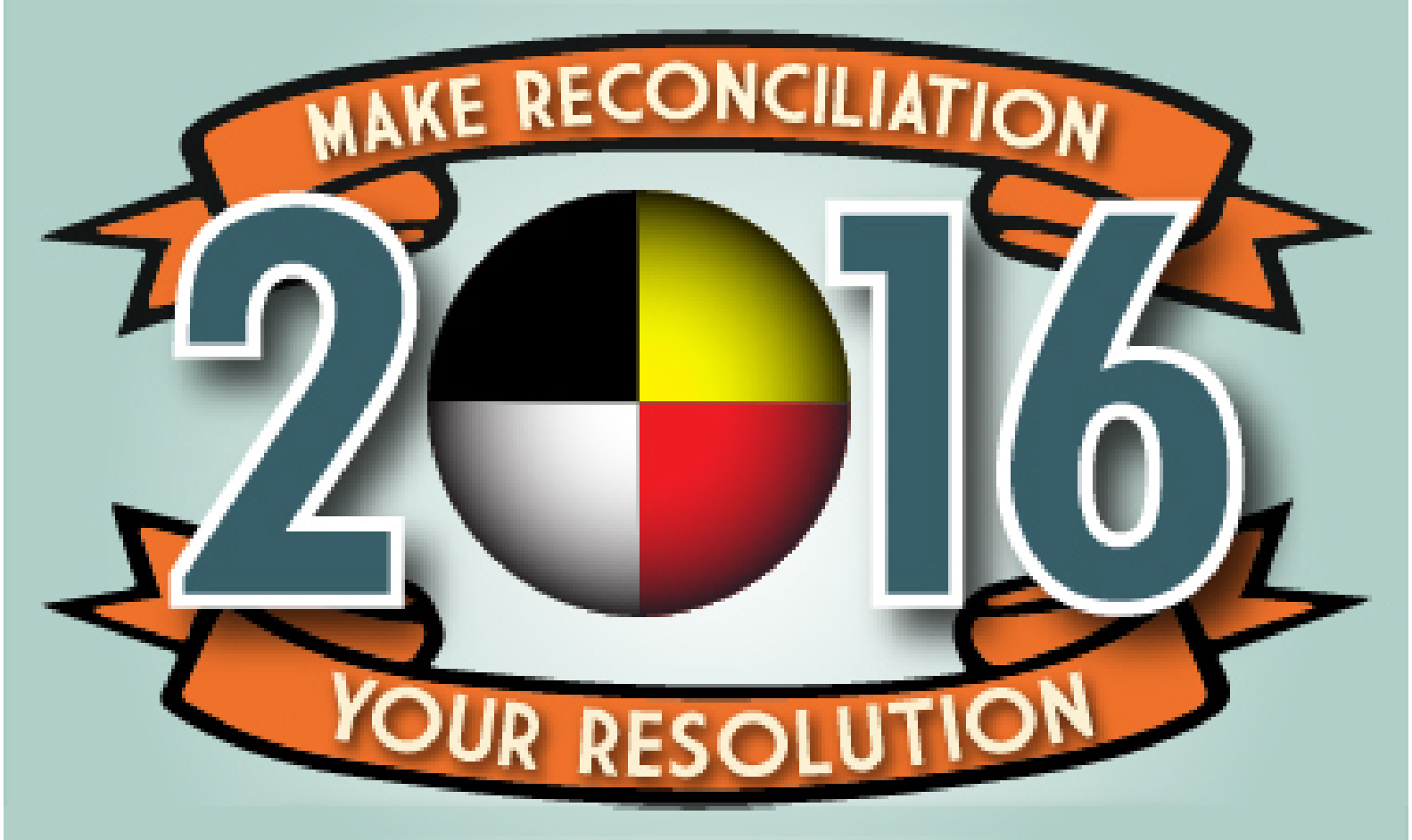rabble is expanding our Parliamentary Bureau and we need your help! Support us on Patreon today!
This holiday season rabble has partnered with Aboriginal Legal Services of Toronto to launch a campaign urging Canadians to take up implementing the recommendations of the Truth and Reconciliation commission as a New Year’s resolution for 2016.
Here’s how to fight for fairness in the justice system, working toward implementing recommendation #38:
38. We call upon the federal, provincial, territorial, and Aboriginal governments to commit to eliminating the overrepresentation of Aboriginal youth in custody over the next decade.
Some ways you can support this recommendation your everyday life
Understand the issue — it’s important to first understand just how significant this overrepresentation of Aboriginal youth in custody is.
According to Statistics Canada, out of nine reporting jurisdictions, Indigenous youth accounted for 41 per cent of all admissions in correctional facilities. This was in spite of the fact that they only represented seven per cent of the youth population in the same jurisdictions.
With these statistics in mind, it’s helpful to consider the history of Indigenous people and the effects of colonialism in Canada. Historically, Indigenous people lost their land, traditions, methods of community leadership and healthy family lives. All of these factors had significant, lasting consequences even to the point of affecting today’s Indigenous youth. These conditions have led to prejudice, social breakdown, poverty, lack of opportunity — all of which can lead to higher crime rates, and all of which need to be addressed. With that awareness, there are actions you can take.
Advocate for prison reform
Organizations such as the Elizabeth Fry Society and the John Howard Society have branches across Canada that work to advocate within the prison system. Get involved.
Support restorative justice
Restorative justice is a model of reconciliation that, in one form or another, is often used to reconcile offenses within Indigenous communities. Put simply, it has the benefit of allowing the voice of the victim to be heard and for relationship between the individual who caused the harm and the victim to be restored. Restorative justice focuses on healing, supportive community and accountability.
Some schools, communities and even cities have started adopting restorative justice principles as a way to deal with smaller incidents. Supporting these initiatives creates more opportunity for youth to access this method of reconciliation, rather than simply being referred to court or incarceration.
The friendship centres across Canada run culturally based restorative justice programs in many locations across Canada. Use this map to find your local friendship centre. Ask if they have any volunteer opportunities, if they do, help them out.
There are also resources for Indigenous youth online that you can provide to the youth in your life. For example, this site produced by the Canadian Association of Friendship Centres.
You can also contact your local RCMP to see if they run a restorative justice program that may provide some volunteer opportunities. For example, in Surrey, B.C., the RCMP works alongside a volunteer-run restorative justice program, called the Surrey Restorative Justice Program. It offers two methods of intervention for youth: a community justice circle and a restorative resolution meeting. Both of these focus on mutual repair, rather than punishment, and both offer an alternative to lengthy court processes and criminal records for youth.
Support Indigenous youth services
As a result of Canada’s colonial history and the reality of residential school systems, broken relationships within Indigenous families are not uncommon. When this is the case, some youth organizations step in and strive to be the best support they can be for Indigenous youth. These youth workers aim to be advocates, role models and teachers where needed. These positive relationships can equip Indigenous youth desiring guidance to make healthy choices in their life.
To act on this as part of your new year’s resolution, research, find and support a local Indigenous youth organization in your area. See if there are opportunities to volunteer and get involved in building supportive relationships for Indigenous youth who need it.
For weekly updates on how to make the calls to action a reality, click this link.
This series is produced in partnership with Aboriginal Legal Services of Toronto (ALST).
Alyse Kotyk is a Vancouver-based writer and editor with a passion for social justice, storytelling and tea. She studied English Literature and Global Development at Queen’s University and believes in the ability to make positive changes through media that digs deep, asks questions and shares narratives. Alyse was the Editor of Servants Quarters and has written for the Queen’s News Centre, Quietly Media and the Vancouver Observer.
rabble is expanding our Parliamentary Bureau and we need your help! Support us on Patreon today!




